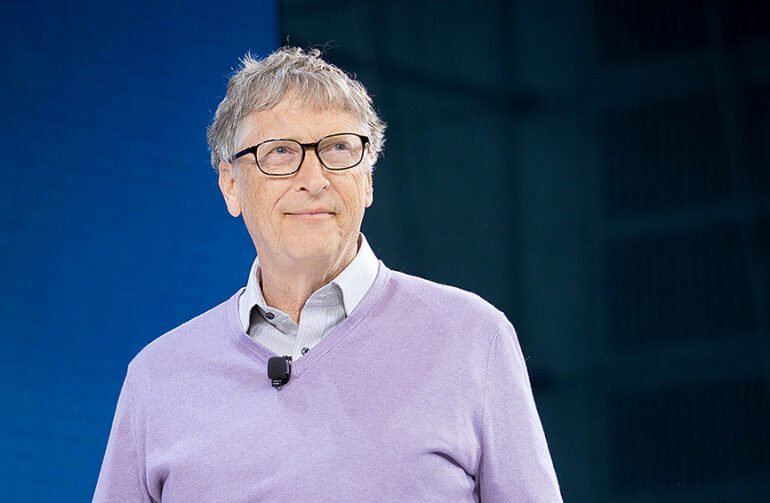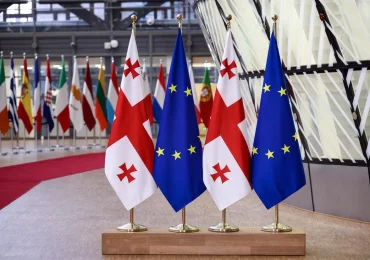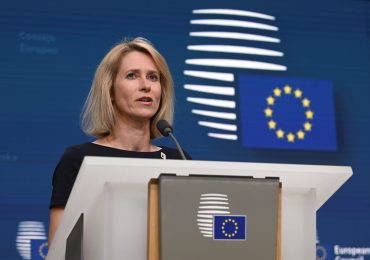Bill and Melinda Gates write the blog about the current pandemic and potential pandemics that might be faced by the world. “The year global health went local”, – this is a title of the writing. We offer it here:
“We are writing this letter after a year unlike any other in our lifetimes.
Two decades ago, we created a foundation focused on global health because we wanted to use the returns from Microsoft to improve as many lives as possible. Health is the bedrock of any thriving society. If your health is compromised—or if you’re worried about catching a deadly disease—it’s hard to concentrate on anything else. Staying alive and well becomes your priority to the necessary detriment of everything else.
Over the last year, many of us have experienced that reality ourselves for the first time. Almost every decision now comes with a new calculus: How do you minimize your risk of contracting or spreading COVID-19? There are probably some epidemiologists reading this letter, but for most people, we’re guessing that the past year has forced you to reorient your lives around an entirely new vocabulary—one that includes terms like “social distancing” and “flattening the curve” and the “R0” of a virus. (And for the epidemiologists reading this, we bet no one is more surprised than you that we now live in a world where your colleague Anthony Fauci has graced the cover of InStyle magazine.)
When we wrote our last Annual Letter, the world was just starting to understand how serious a novel coronavirus pandemic could get. Even though our foundation had been concerned about a pandemic scenario for a long time—especially after the Ebola epidemic in West Africa—we were shocked by how drastically COVID-19 has disrupted economies, jobs, education, and well-being around the world.
Only a few weeks after we first heard the word “COVID-19,” we were closing our foundation’s offices and joining billions of people worldwide in adjusting to radically different ways of living. For us, the days became a blur of video meetings, troubling news alerts, and microwaved meals.
But the adjustments the two of us have made are nothing compared to the impact the pandemic has had on others. COVID-19 has cost lives, sickened millions, and thrust the global economy into a devastating recession. One and a half billion children lost time in the classroom, and some may never return. Essential workers are doing impossible jobs at tremendous risk to themselves and their families. Stress and isolation have triggered far-reaching impacts on mental health. And families in every country have had to miss out on so many of life’s most important moments—graduations, weddings, even funerals. (When Bill Sr. died last September, it was made even more painful by the fact we couldn’t all come together to mourn.)
History will probably remember these last couple of months as the most painful point of the entire pandemic. But hope is on the horizon. Although we have a long recovery in front of us, the world has achieved some significant victories against the virus in the form of new tests, treatments, and vaccines. We believe these new tools will soon begin bending the curve in a big way.
The moment we now find ourselves in calls to mind a quote from Winston Churchill. In the fall of 1942, he gave a famous speech marking a military victory that he believed would be a turning point in the war against Nazi Germany. “This is not the end,” he warned. “It is not even the beginning of the end. But it is, perhaps, the end of the beginning.”
When it comes to COVID-19, we are optimistic that the end of the beginning is near. We are also realistic about what it’s taken to get here: the largest public health effort in the history of the world—one involving policymakers, researchers, healthcare workers, business leaders, grassroots organizers, religious communities, and so many others working together in new ways.
That kind of shared effort is important, because in a global crisis like this one, you don’t want companies making decisions driven by a profit motive or governments acting with the narrow goal of protecting only their own citizens. You need a lot of different people and interests coming together in goodwill to benefit all of humanity.
Philanthropy can help facilitate that cooperation. Because our foundation has been working on infectious diseases for decades, we have strong, long-standing relationships with the World Health Organization, experts, governments, and the private sector. And because our foundation is specifically focused on the challenges facing the world’s poorest people, we also understand the importance of ensuring that the world is considering the unique needs of low-income countries, too.
To date, our foundation has invested $1.75 billion in the fight against COVID-19. Most of that funding has gone toward producing and procuring crucial medical supplies. For example, we backed researchers developing new COVID-19 treatments including monoclonal antibodies, and we worked with partners to ensure that these drugs are formulated in a way that’s easy to transport and use in the poorest parts of the world so they benefit people everywhere.
We’ve also supported efforts to find and distribute safe and effective vaccines against the virus. Over the last two decades, our resources backed the development of 11 vaccines that have been certified as safe and effective, and our partners have been applying the lessons we learned along the way to the development of vaccines against COVID-19.
It’s possible that by the time you read this, you or someone you know may have already received a COVID-19 vaccine. The fact that these vaccines are already becoming available is, we think, pretty remarkable—especially considering that COVID-19 was a virtually unknown pathogen at the beginning of 2020 and how rigorous the process is for proving a vaccine’s safety and efficacy. (It’s important that people understand that even though these vaccines were developed on an expedited timeline, they still had to meet strict guidelines before being approved.)
See the full blog here















